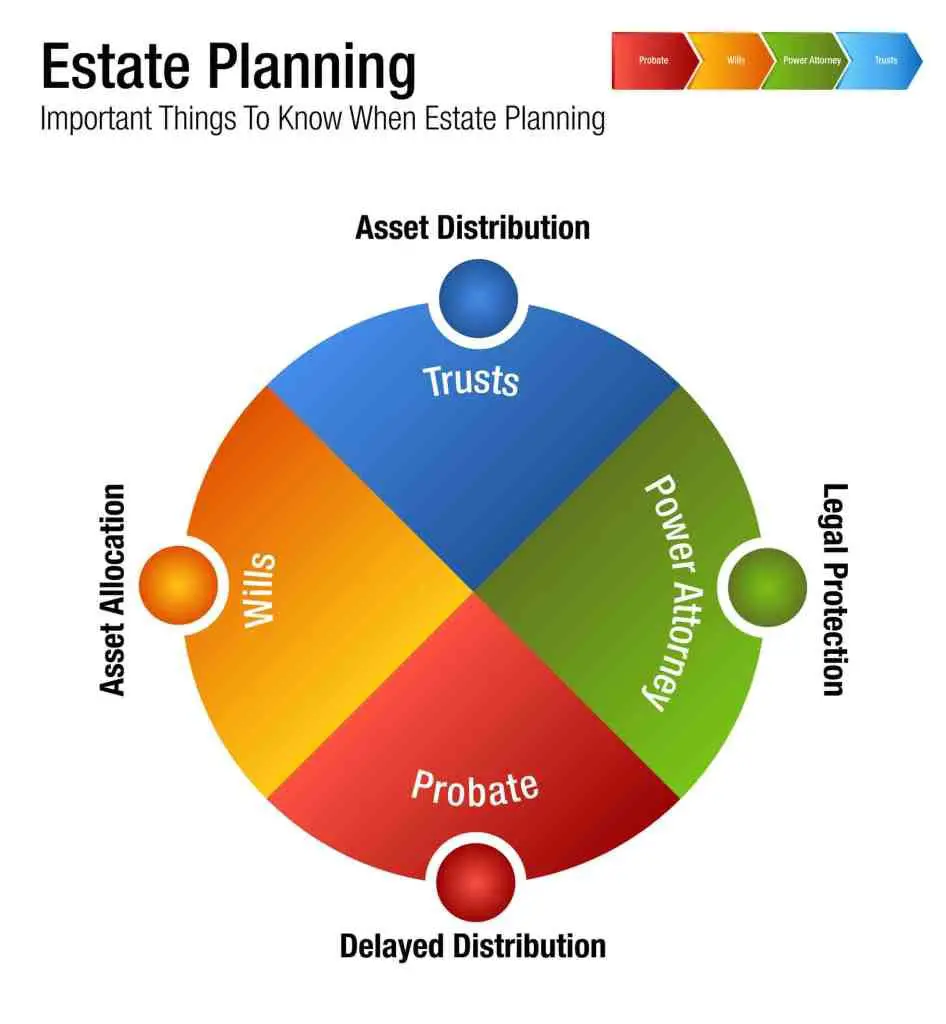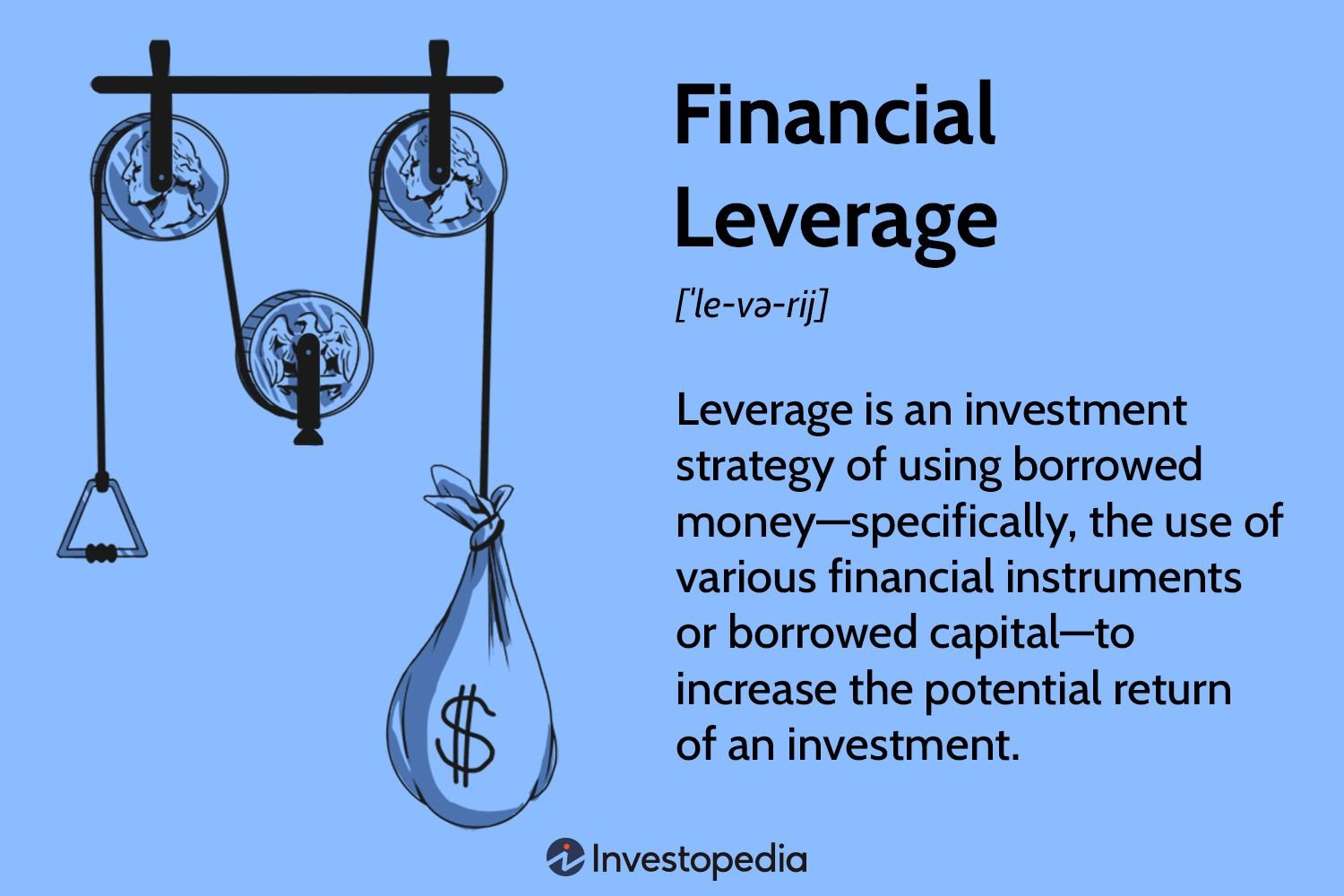Navigating a divorce can be an emotionally overwhelming experience, but it’s crucial to also protect your assets during this challenging time. Wondering how to safeguard what is rightfully yours? We’ve got you covered. In this article, we’ll delve into effective strategies on how to protect your assets in a divorce. From understanding legal provisions to exploring prenuptial agreements, we’ll provide you with practical advice to help ensure your financial stability moving forward. So, if you’re ready to take control of your future and shield your hard-earned assets, let’s dive right in.
How to Protect Your Assets in a Divorce
Going through a divorce can be an emotionally challenging time, and one of the most significant concerns is often the division of assets. Protecting your assets during a divorce is crucial to ensure a fair settlement and secure your financial future. In this article, we will explore various strategies and steps you can take to safeguard your assets during a divorce.
1. Take Inventory of Your Assets
The first step in protecting your assets during a divorce is to create a comprehensive inventory of all your assets. This includes both marital and separate property. Make a list of your bank accounts, investments, real estate properties, vehicles, valuable possessions, and any other assets you own. It’s crucial to be thorough and detail-oriented during this process.
- Take photographs or videos of valuable possessions to document their existence and condition.
- Obtain copies of financial statements, deeds, titles, and other supporting documents.
- Keep all your records organized and easily accessible.
Having a clear understanding of what you own will help you protect your assets effectively.
2. Understand Marital Property Laws
Before you begin protecting your assets, it’s essential to understand the laws regarding marital property in your jurisdiction. Different states and countries have different laws governing the division of assets during a divorce. Familiarize yourself with the relevant laws and seek legal advice to understand your rights and obligations.
3. Consult with an Experienced Divorce Attorney
Engaging a competent divorce attorney is crucial to protect your assets effectively. Look for an attorney who specializes in family law and has experience handling complex divorce cases. A knowledgeable attorney can guide you through the legal process, ensure your rights are protected, and provide valuable advice on asset protection strategies.
4. Consider a Prenuptial or Postnuptial Agreement
While it may be too late to consider a prenuptial agreement if you’re already going through a divorce, a postnuptial agreement can still be an option. These agreements outline the division of assets in the event of a divorce and can protect your assets by establishing clear guidelines. Consult with your attorney to determine if a postnuptial agreement is a viable option for you.
5. Separate Your Finances
To protect your assets, it is essential to separate your finances from your spouse as soon as possible. This includes:
- Opening a separate bank account in your name.
- Canceling joint credit cards and opening individual accounts.
- Transferring assets into your individual name where permitted by law.
By separating your finances, you can ensure that your assets are not at risk of being liquidated or depleted during the divorce process.
6. Preserve Your Separate Property
If you have assets that you acquired before the marriage or received as gifts or inheritances during the marriage, they may be considered separate property. To protect your separate property:
- Maintain clear documentation proving the separate nature of these assets.
- Avoid commingling separate and marital assets.
- Do not make any joint purchases or investments using separate funds.
Protecting your separate property can help ensure that you retain ownership of these assets during the divorce settlement.
7. Monitor and Secure Joint Assets
While going through a divorce, it’s crucial to keep a close eye on joint assets. Take proactive steps to protect these assets, such as:
- Monitoring joint bank accounts for any suspicious activity.
- Changing passwords and securing online accounts to prevent unauthorized access.
- Notifying relevant financial institutions about the impending divorce to freeze joint accounts if necessary.
By staying vigilant and actively safeguarding joint assets, you can minimize the risk of financial harm during the divorce process.
8. Consider Mediation or Collaborative Divorce
Litigation can be an expensive and time-consuming process. Consider alternative dispute resolution methods like mediation or collaborative divorce. These approaches encourage open communication and cooperation, allowing you and your spouse to work together to reach a fair and mutually beneficial agreement. By avoiding an acrimonious court battle, you can protect your assets and reduce legal costs.
9. Gather Expert Financial Advice
Considering the complexities involved in safeguarding your assets during a divorce, it’s beneficial to seek expert financial advice. A financial planner or advisor experienced in divorce matters can help you:
- Evaluate the tax implications of different asset division scenarios.
- Identify any hidden assets or discrepancies in your spouse’s financial disclosures.
- Create a post-divorce budget and determine the long-term financial impact of the settlement.
Working with a financial professional can provide you with valuable insights and ensure that you make informed decisions to protect your assets.
10. Be Prepared to Compromise
While it’s important to protect your assets, it’s also essential to be realistic and open to compromise. Divorce often involves a give-and-take process, and reaching a fair settlement may require some concessions. Prioritize your most valuable assets and be willing to negotiate on less significant ones. By adopting a cooperative approach, you can increase the chances of a smoother divorce process and protect your assets more effectively.
In conclusion, protecting your assets during a divorce requires careful planning, proactive steps, and professional guidance. By taking inventory of your assets, understanding applicable laws, and working closely with an attorney, you can safeguard your financial future. Remember to approach the process with a level-headed mindset and be prepared to compromise when necessary. Protecting your assets is about securing your long-term well-being and ensuring a fair settlement that reflects your contributions and needs.
How to Hide Assets from Creditors, Divorce, and Lawsuits
Frequently Asked Questions
Frequently Asked Questions (FAQs)
How can I protect my assets in a divorce?
During a divorce, it is important to protect your assets to ensure a fair distribution. Here are some steps you can take:
Can I keep my pre-marital assets separate from the marital property?
A prenuptial agreement can help you keep your pre-marital assets separate from the marital property. It outlines how assets should be divided in case of a divorce.
What should I do if I suspect my spouse is hiding assets?
If you suspect your spouse is hiding assets, it is crucial to gather evidence. Hire a forensic accountant or a private investigator to help uncover any hidden assets.
Is it necessary to disclose all my assets during a divorce?
Yes, it is important to disclose all your assets during a divorce. Failing to do so can result in legal consequences and a less favorable outcome.
What can I do to protect my business in a divorce?
To protect your business, consider a buy-sell agreement or a post-nuptial agreement. These legal documents can determine the fate of your business in case of a divorce.
Should I transfer assets to a family member to protect them?
Transferring assets to a family member to protect them during a divorce can be seen as an attempt to hide assets. This could lead to legal complications and a less favorable settlement.
Is it beneficial to hire a financial advisor during a divorce?
Absolutely. A financial advisor can provide guidance and help you understand the financial implications of your divorce. They can also assist in valuing your assets accurately.
What role does a divorce attorney play in asset protection?
A divorce attorney can play a crucial role in asset protection. They can help you understand your rights, negotiate settlements, and ensure your assets are protected to the best extent possible.
Can I protect my retirement savings during a divorce?
Retirement savings accumulated during the marriage are typically considered marital property. However, a Qualified Domestic Relations Order (QDRO) can help protect your share of the retirement savings.
Final Thoughts
Protecting your assets in a divorce is crucial to safeguarding your financial future. Start by gathering and organizing all relevant financial documents, including bank statements, tax returns, and property titles. Consult with a skilled attorney who specializes in family law and understands the complexities of asset protection. Explore options like prenuptial or postnuptial agreements to clearly define ownership and distribution of assets. Be transparent about your financial situation to avoid any surprises or hidden assets. Consider working with a financial advisor to assess your financial standing and make informed decisions. By taking proactive steps and seeking professional guidance, you can effectively protect your assets in a divorce.



